Viktor Gyokeres to Arsenal: Who Strikes Gold and Who Gets Left Behind?
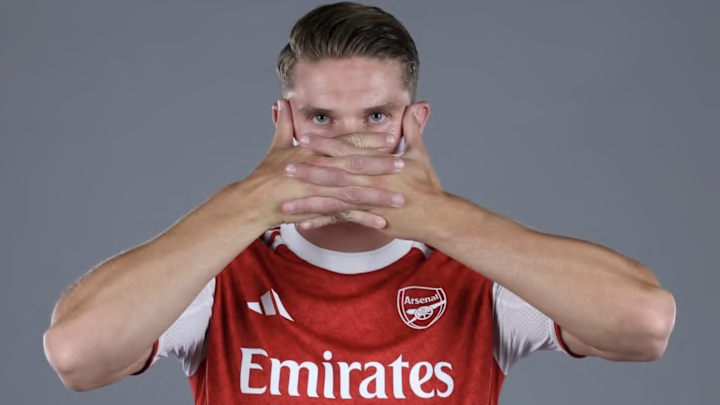
Viktor Gyökeres has become an Arsenal player following an extended transfer negotiation between the north London side and Sporting Lisbon.
Arsenal have finally acquired a striker after spending years under Mikel Arteta without a traditional No. 9. The 27-year-old faces the challenge of enhancing an Arsenal offensive unit that netted 17 fewer league goals than championship-winning Liverpool. Several players stand to gain from his arrival, though others may find themselves disadvantaged given the apparent shift in Arsenal's approach to achieving their objectives.
Below is an examination of who benefits and who suffers from Gyökeres's move to Arsenal this summer.
Winner: Mikel Arteta
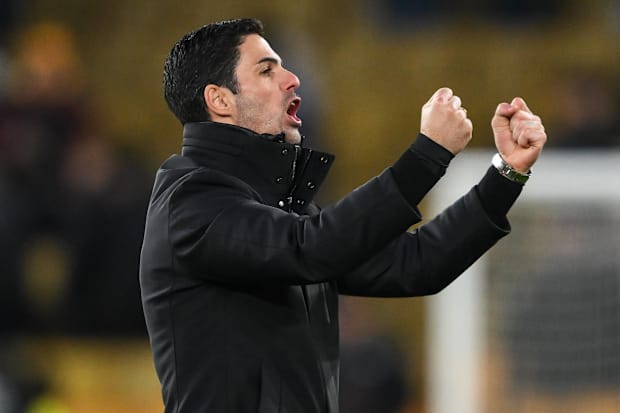
Arsenal's head coach finally secures the clinical striker for his vision. Discussions about Dušan Vlahović, Benjamin Šeško, Ollie Watkins, Marcus Rashford and numerous others from earlier transfer windows are now history. The Gunners have waited patiently, through various circumstances, to acquire the Swedish forward as their primary attacking option.
Gyökeres faces expectations to make an immediate impact, but Arteta could emerge as a tactical genius if the Swede drives Arsenal to success this campaign. This is particularly significant considering the summer discussions comparing him to Šeško.
Loser: Gabriel Jesus
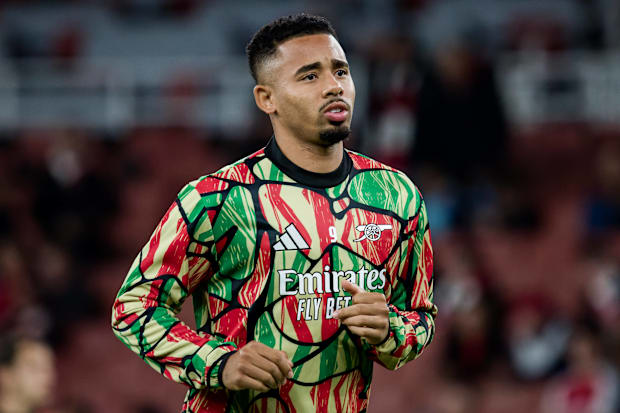
Gabriel Jesus was instrumental in Arsenal's initial title pursuit, but the Brazilian found it difficult to maintain form and secure playing time following the 2022 FIFA World Cup. A temporary return to the first team last season saw Jesus net six goals across four matches, though a knee problem set him back further.
With Gyökeres arriving as a regular starter, Jesus might be heading for an exit. After achieving double figures in his debut season, the ex-Man City forward managed just seven goals across 44 Premier League outings.
Arteta might appreciate retaining his abilities given his capability to operate on the flanks, but the signs point toward an uncertain future in north London.
Winner: Bukayo Saka
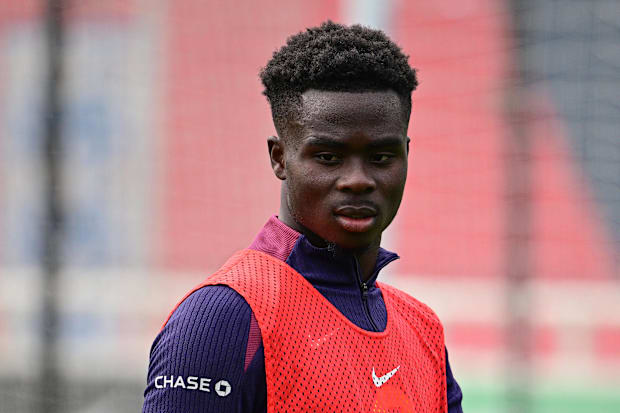
Opposition teams have frequently assigned multiple defenders to neutralize Saka and limit Arsenal's right-wing threat. Given Arsenal's recent struggles in the remaining attacking areas, this approach has proven effective.
Gyökeres's presence should draw more defensive focus centrally due to his physicality and speed, which should theoretically provide Saka with additional space to work on the wing. Greater freedom to assess defenders and more area to move within the penalty box should lead to increased impact against defensive setups.
An aspect of his play that becomes limited when facing multiple markers involves back-post deliveries from the box's edge. Having the Swedish striker occupying and menacing that zone gives defenses multiple concerns rather than simply containing Saka.
Loser: Leandro Trossard
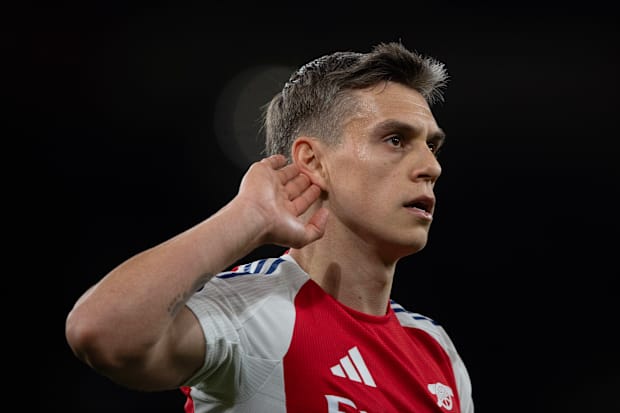
Trossard's Arsenal transfer in 2023 followed an unsuccessful chase for Mykhailo Mudryk. The Gunners switched to the former Brighton & Hove Albion player as an additional bench option alongside Gabriel Martinelli.
The Belgian's standout display occurred at Fulham that season when he delivered three assists while starting as a false nine following Jesus's absence. Subsequently, he has alternated between starting and substitute roles across various positions. His adaptability remains valuable for retention, but Gyökeres's arrival and speculation about signing a left-sided forward further complicate his path to regular minutes.
Arsenal likely need to choose between Martinelli and Trossard this window considering their contract circumstances. Both players being connected with departures this summer illustrates the uncertainty surrounding them.
Selling either could benefit all involved parties.
Winner: Kai Havertz
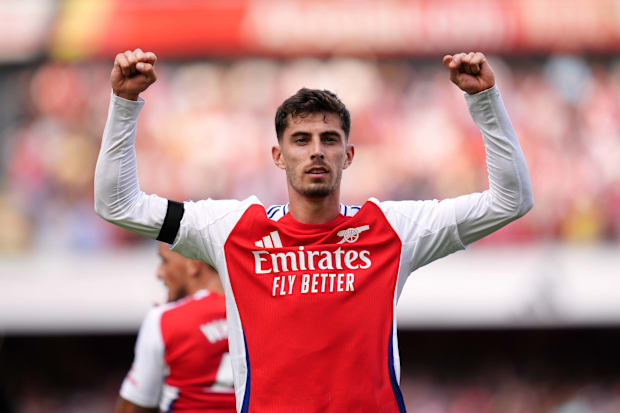
While he could easily be viewed as disadvantaged in this scenario, Havertz's situation might represent a positive development.
The German ranks among Arsenal's most debated signings in recent memory. Following a substantial transfer from the Bundesliga to Chelsea with a Champions League victory but disappointing displays, Havertz joined as an apparent experiment to succeed Granit Xhaka in 2023.
That approach failed as he struggled in a box-to-box capacity, prompting Arteta to deploy Havertz further forward. He achieved 20 league goal contributions (13 goals, seven assists) in his debut campaign, nine more than his peak season with Chelsea. Nevertheless, pressure mounted for improvement the following season which, like Jesus, was hampered by extended injury.
Acquiring Gyökeres should reduce pressure on Havertz to score prolifically. This will certainly impact his playing time if the future plan doesn't involve returning him to midfield given Martin Zubimendi's arrival. Instead, Havertz can now function as another attacking alternative, potentially as a supporting striker behind the Swede or replacing Martin Ødegaard against specific opponents.
Havertz primarily operated as an attacking midfielder in his final Leverkusen season, recording 12 goals and six assists. If he can match those numbers in a reduced role, assuming Gyökeres adapts quickly, it would benefit the entire squad. Additionally, Havertz serving as a quality substitute improves the overall depth given Arsenal's previous limitations.
Should the Swede struggle initially, Arsenal possess an alternative who understands the system and has demonstrated capability, allowing Gyökeres adjustment time. However, that situation would create difficult discussions later.
